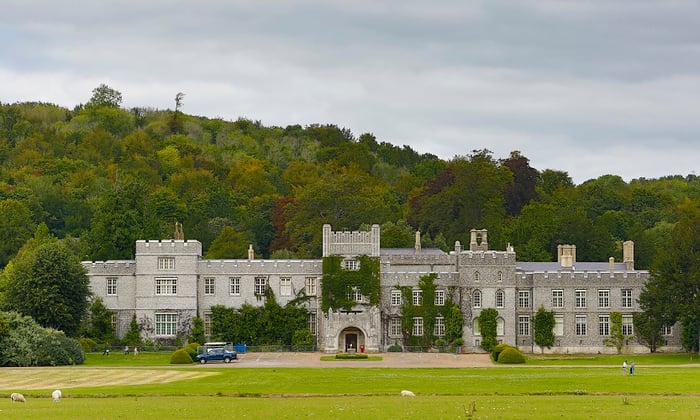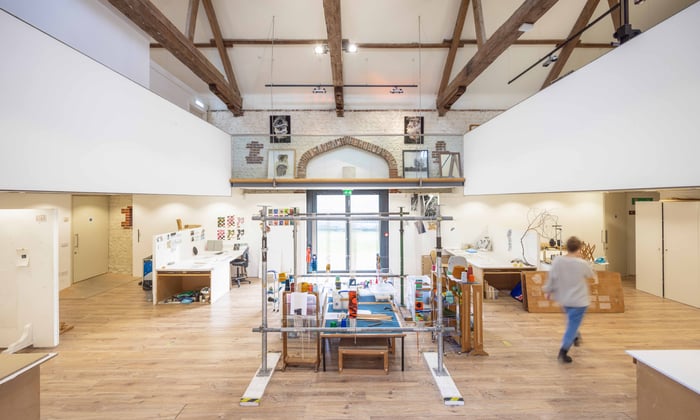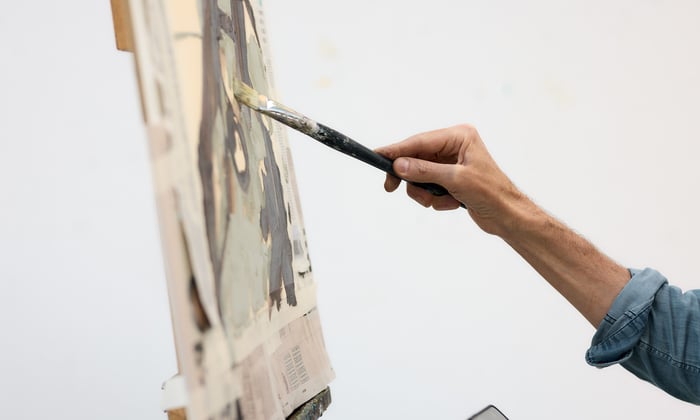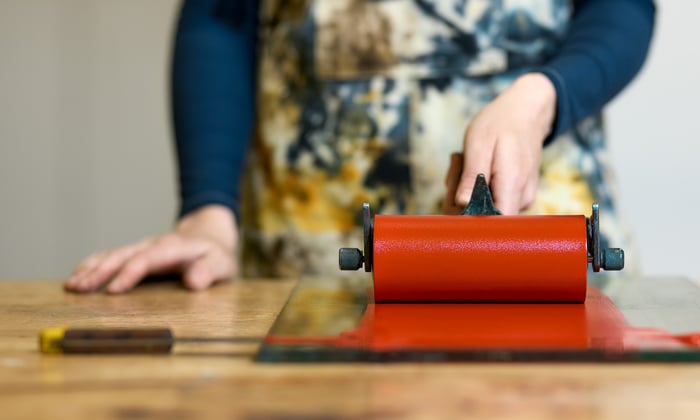
Craft Practices
Foundation Degree Arts - Metalwork

Campus Open Day – 6 February 2026 - Register now
Virtual Open Day - 17 February 2026 - Register now
Award: Foundation Degree Arts - Metalwork
Duration: 2 academic years, full time (September 2026)
School: School of Arts
Campus: West Dean
UCAS code: FME1
Scholarships and bursaries: See available funding
The Foundation Degree (FdA) Metalwork at West Dean is a technical and design skills-building programme, which will introduce you to the creation of the widest range of hand-crafted and small scale batch produced metal artefacts; from silversmithing to blacksmithing, from jewellery to bronze-casting, from bike frames to light fittings and from door handles to padlocks. Ranging massively in scale and context these objects are all linked by the common skillset that you will develop, covering making, designing and problem-solving. Through professional practice modules, you will enhance your prospects as an independent designer maker. Projects will become increasingly challenging, and more self-led as the course progresses. You will be encouraged to understand the history of craft practice as well as the concerns of the contemporary craft sector, in order to place your own work in a broader context. You will take part in a number of national competitions and gain a keen understanding of the time and effort needed to create a piece of work in a creative, workshop and studio environment.
On successful completion of this course graduates can advance into the workplace or set up as freelance makers. If however, you wish to progress further in higher education, then those who are interested in making are able to undertake an additional year to achieve a BA (Hons) Craft Practices, and potentially progress on to our MFA Crafts Practices, which offer a metalwork pathway. For those interested in pursuing a career in conservation they can advance onto the Graduate Diploma and MA in Conservation Studies.
Learning environment
-
Excellent tutor: student ratio
-
Extremely well-equipped metals workshops with access from 8.30am to 9pm, seven days a week*
-
Interdisciplinary environment
-
Visits from practising crafts people and artists
-
Visits to museums and galleries
-
Work placements and work-related projects
You can expect
-
To develop excellent practical making and design skills
-
To learn how material properties influence practice and making
-
To learn historic and contemporary making techniques in a modern context
-
To learn from dedicated and experienced tutors who are practising professionals and well- connected in the sector
Interdisciplinary study
Students are encouraged to collaborate with other College departments, making the most of the wide range of specialist knowledge, materials and equipment that is available.
Read more about studying metalwork
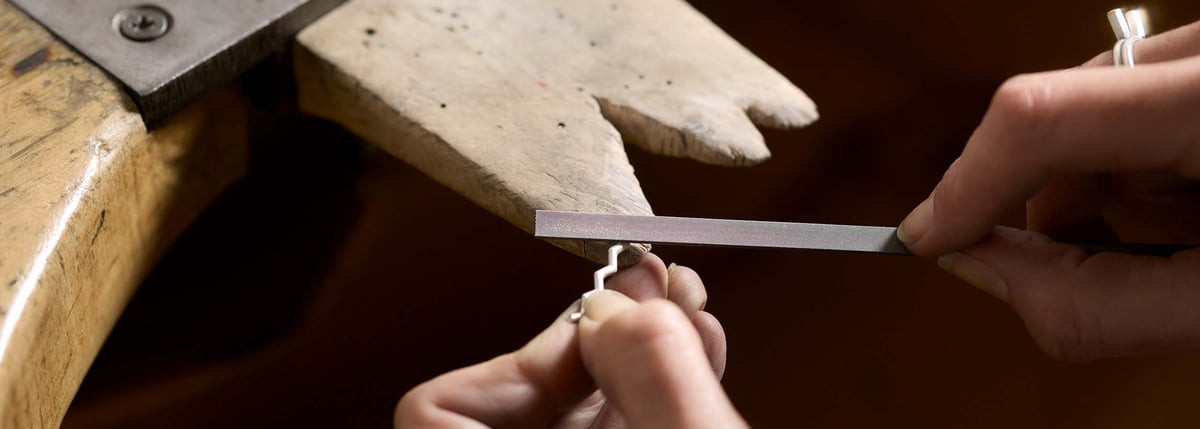
Gallery
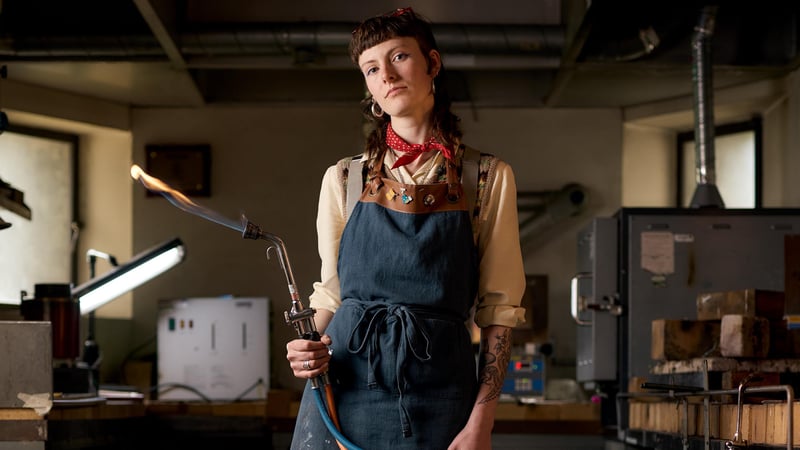
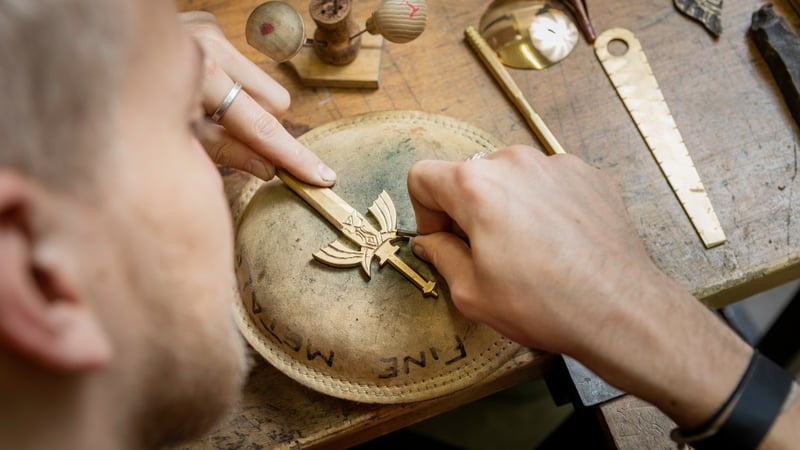
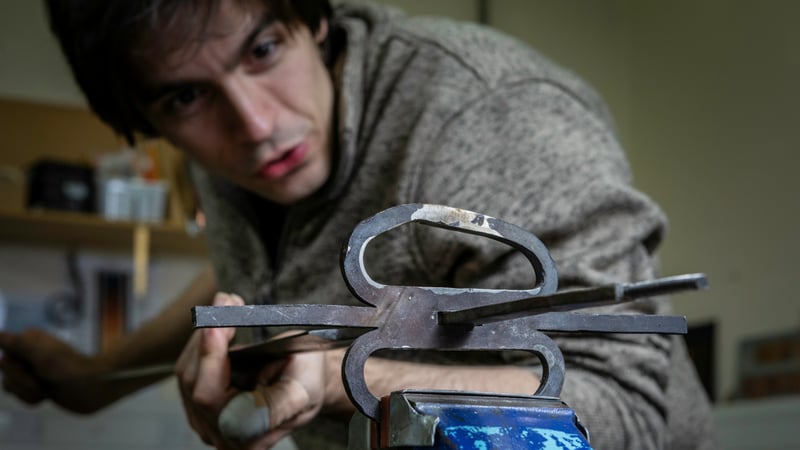
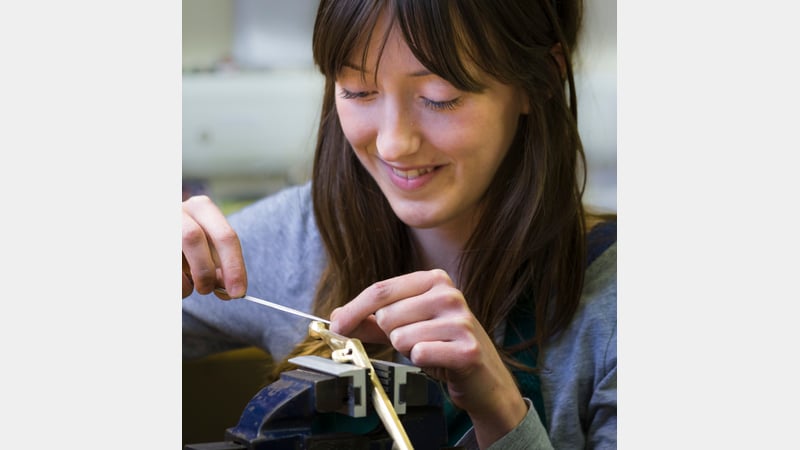
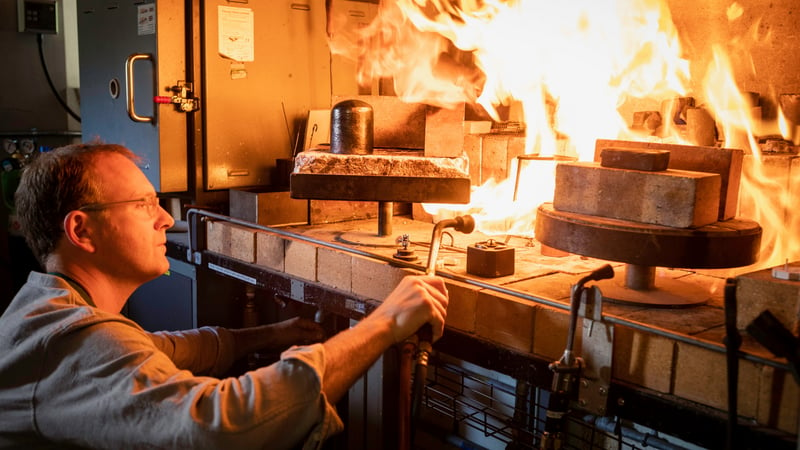
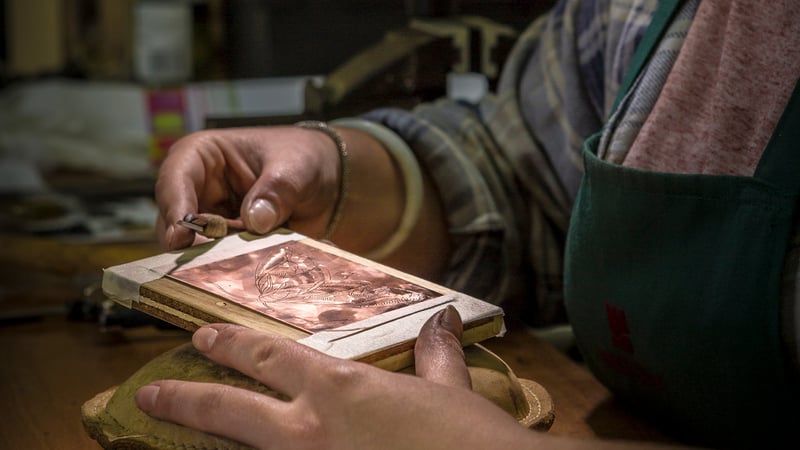
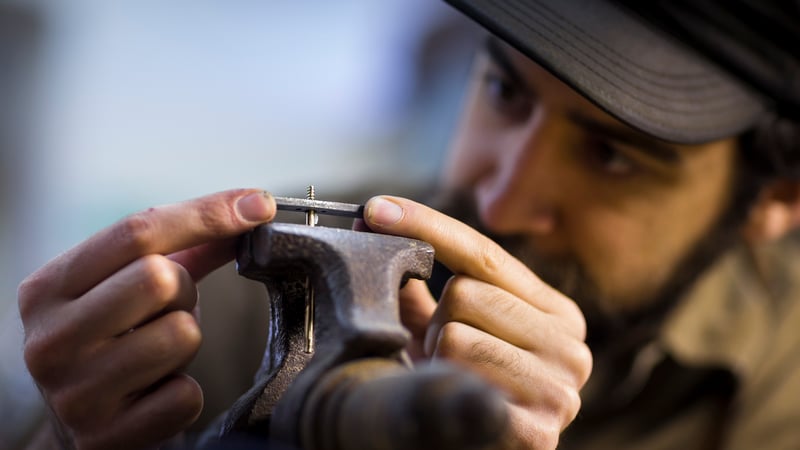
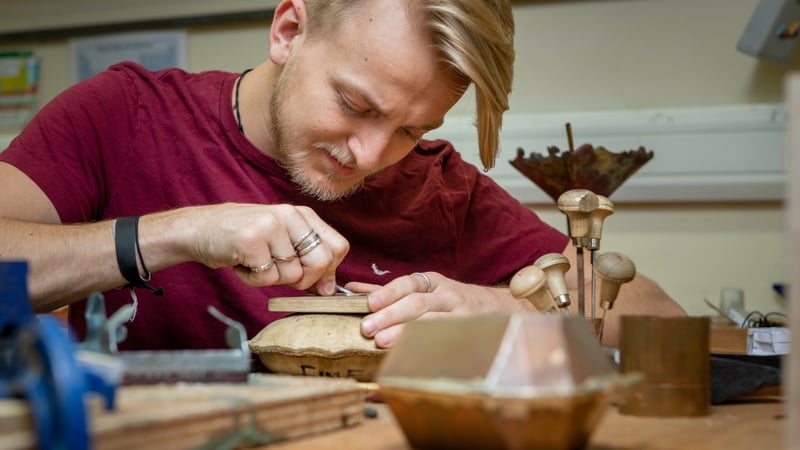
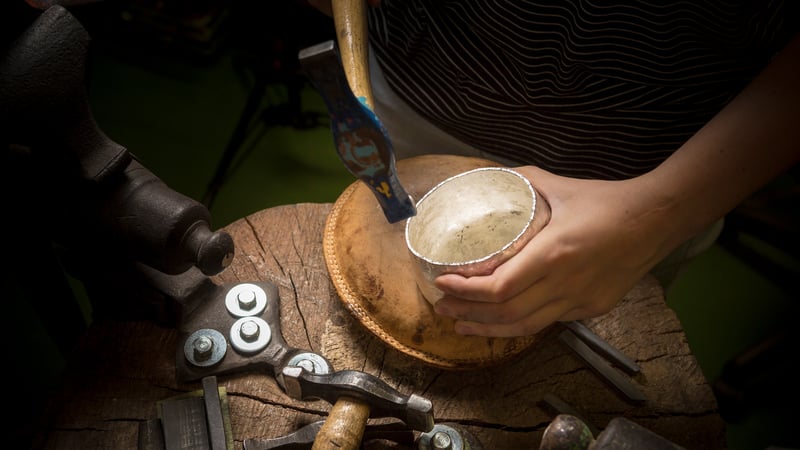
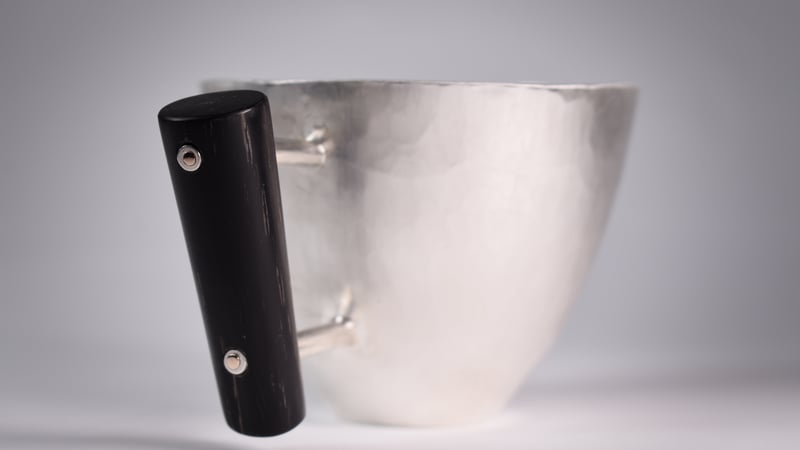
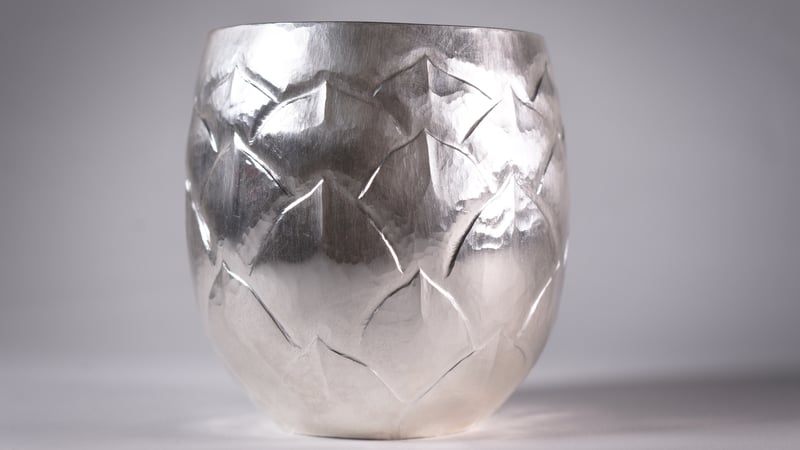
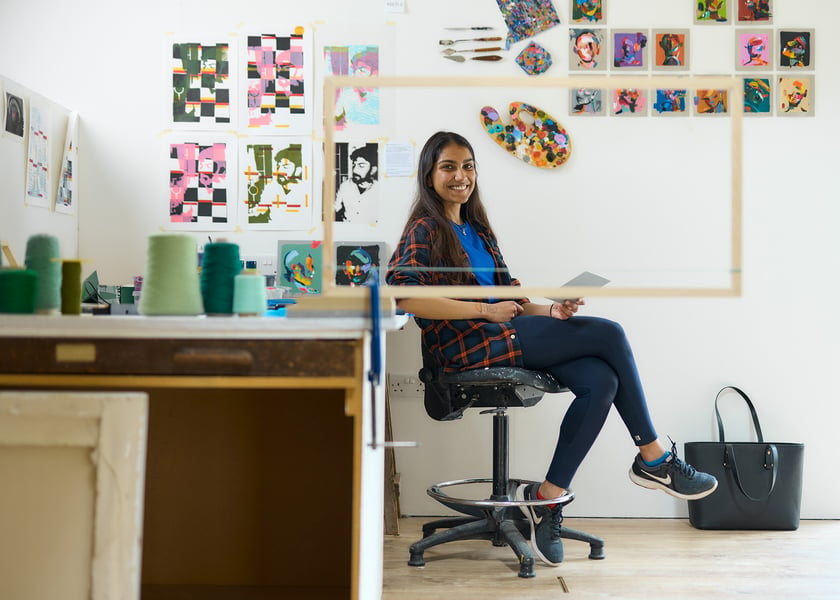
School of Arts
Explore and expand your work in a uniquely immersive environment with its own connections to art history. Our School of Arts students enjoy specialist studio spaces dedicated to painting and drawing, sculpture and tapestry and textile-based work as well as exceptional exhibition space.
Fees & funding
2026/27 Tuition fees
UK Home students
• £14,950
International students
• £16,950
Find out more about tuition fees and admissions.
Funding
You may be eligible to apply for a Student Loan to cover course fees and/or maintenance; more information can be found on the Government Student Finance website.
Scholarships and Bursaries are also available based on individual need.
Artist-in-residence programme
The Artist-in-Residence programme sees a series of professional artists living and working onsite, amongst the students. They enrich the creative learning environment by offering tutorial sessions with students as well as public presentations on the work produced during the residency and their wider practice.
Entry requirements
- UCAS tariff points: 120 - Completion of level 3 qualifications, for example: A-Levels, BTEC or Foundation Diploma in Art and Design.
- Applicants can be considered if they can provide evidence of prior learning and provide a digital portfolio.
- E portfolio of work related to application (optional at point of application. A portfolio will be requested if shortlisted for an interview) The portfolio should evidence commitment to the discipline. It could include sketchbooks, technical and material exploration, design work, project development from start to finish, detailed images of finished work. Where possible, applicants are encouraged to include a video of working on a practical exercise as part of the portfolio, of which the College can provide guidance if required (see below). If applicants cannot provide a portfolio, the College will provide a practical exercise that can be done remotely to asses mental agility and dexterity and suitability for this skills based programme.
- International students must provide evidence of English language ability to Level B2 (IELTS 6.0), as well as equivalent level 3 qualifications.
How to create a portfolio
Do you need help creating a portfolio to apply for one of our FdA courses? Read our portfolio advice to learn about the general requirements, what we look for in a good portfolio, and what it should reflect.
How to apply
UCAS - If you are applying for more than one institution, all applications must be made through UCAS
Direct - If you only wish to apply to West Dean, applications for this course can be made by submitting a completed application form and emailing it to [email protected].
FAQs
What level of qualification is the Foundation Degree?
The Foundation Degree Arts is a Level 5 qualification and equivalent to the first two years of a BA Hons programme. Students who complete the foundation degree have an automatic right to progress into our BA (Hons) Craft Practices top up year.
Entry requirements ask for a portfolio. What is this and what should be included?
Students need to prepare a digital portfolio to evidence their manual dexterity and their interest in the area of craft practice they have chosen. It could include sketches, images of finished work, videos of them working with their hands. Read more tips on preparing a digital portfolio. Read more tips on preparing a digital portfolio.
I have no experience and therefore no portfolio – can I still apply?
If applicants cannot provide a portfolio, we will ask you to complete a practical exercise to assess mental agility and dexterity and suitability for this skills-based programme. Assessments take place onsite at the college workshops or remotely when it is not possible to come into college.
What do students do after their Foundation degree?
This course is designed to give you well-rounded theory and craft skills. You can set up as a self-employed maker or find employment in this or a creative industry sector. The Foundation Degree is also an excellent first step before progressing to the BA (Hons) Craft Practices, one year top up course and MFA Craft Practices, if you wished to pursue a career in making, or the Graduate Diploma and MA in Conservation Studies if you wish to pursue a career in Conservation.
Ask a question
Need more information? Have a question? Speak to our course advisors
Email: [email protected]
Phone: +44 01243 818 300 and select option 1

Commendations
Commendations from the University of Sussex include:
"The high quality student experience and strength of student representation within the College."
"The introduction of a “maker-in-residence” scheme to the FdA."
"Responding to employer and student feedback in extending the work placement from 2 weeks to 4 weeks to support employability after graduation."
"The range of tailored study trips to suit different student cohorts."
School of Arts blog
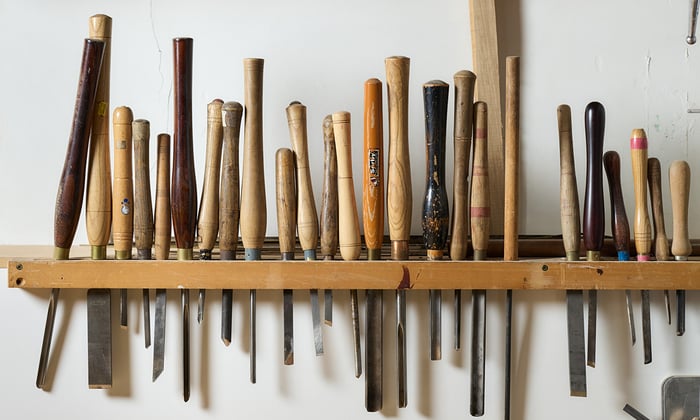
UCAS Application Deadline Tips
We understand how daunting it can be when you have chosen your course and are looking at the next step – nailing that application. Here are a few tips on what to include and what happens after you have applied.
UCAS application deadline - 14 January 2026If you are applying via UCAS, the Equal Consideration application deadline is 14 Janua...
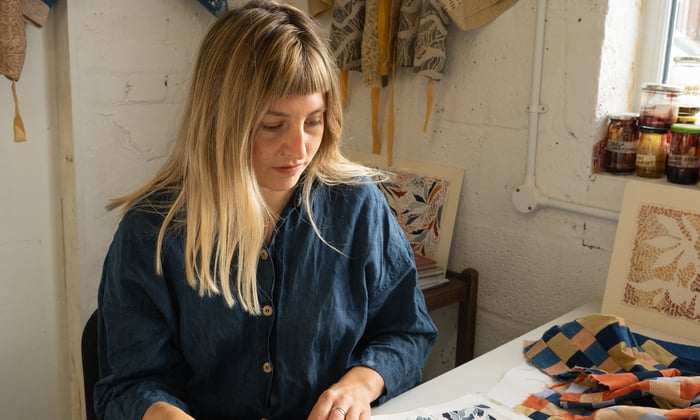
Finding beauty in the imperfect with Sophie Bowen
Ahead of short course tutor Sophie Bowen's Pigment Week course in February, Slow marks – natural dyes, drawing and stitch, we caught up with her about her creative journey, finding beauty in the imperfect, and using creativity as a way to find presence and as a catalyst for discovery. Can you give a brief summary of what students can expect on your course?
This ...
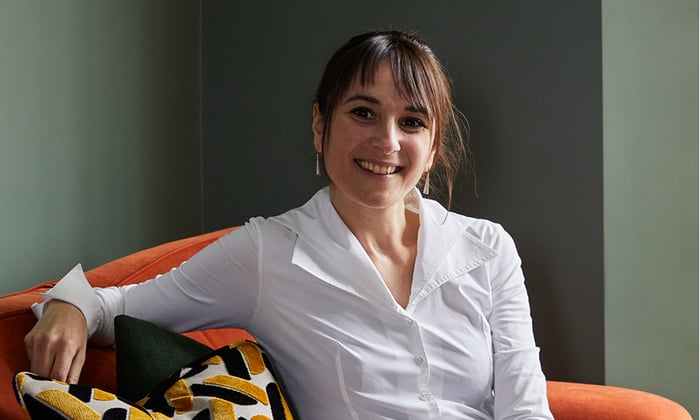
Life After Graduation: Interior Design with Sonia B Design
- By Interior Design alumna, Sonia
I am Sonia, Founder of Sonia b design, half French, half Spanish and London has been my home for many years now. Before re-training and creating my interior design practice in London, I pursued a career in risk management and strategy in engineering and financial services. I retrained in 2020 with the Full Time Diploma HE in Ap...
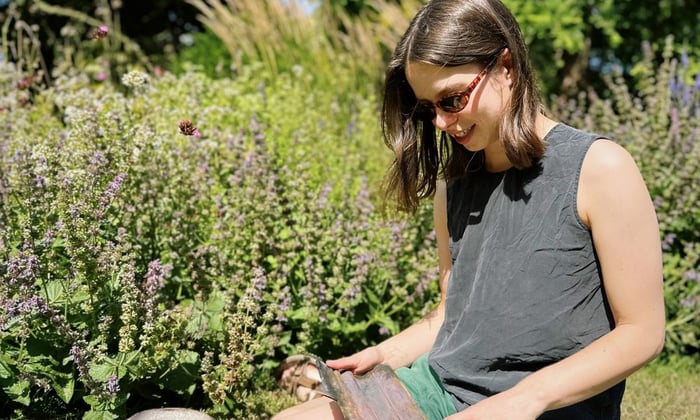
West Dean X Common Clay Artist Research Residency
- By Artist-in-Residence, Charlie Brookes
I’m an artist and maker working primarily in ceramics. My creative practice is grounded in material exploration, research, and storytelling. I have a particular interest in the history and politics of land its use, ownership, value, and the systems of power and profit that shape our relationship to it.
During my residency, I sp...
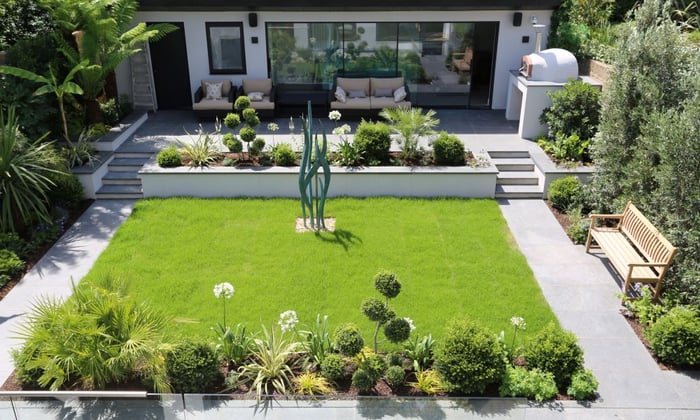
Life After Graduation: Garden Design with Jane Ashley
- By Garden Design Diploma graduate, Jane Ashley
Becoming a garden designer was a logical step for me, combining my creative skills with my lifelong delight in plants and gardens. Attending KLC was the pathway which enabled me to make this move and launch my garden design career.
I’d previously enjoyed another career, different but also sa...
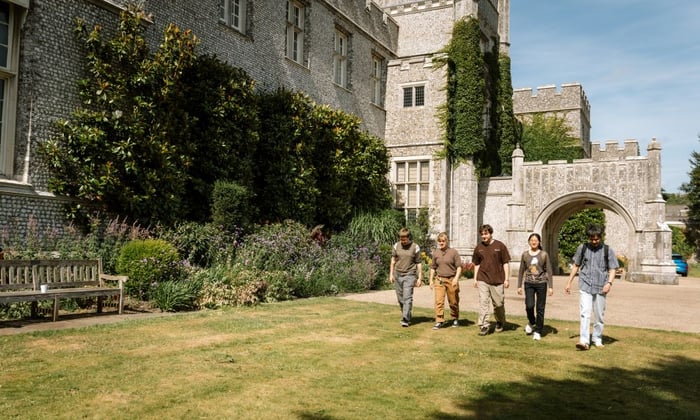
Joining this September?
As your exciting new chapter at West Dean College begins, we’re here to ensure that your transition is as smooth as possible. We’ve compiled a handy guide covering everything from what to bring to university, what to expect on your move-in day, and exploring the local area.
Your first day at West Dean is just around the corner. Here’s what you can expect when y...
